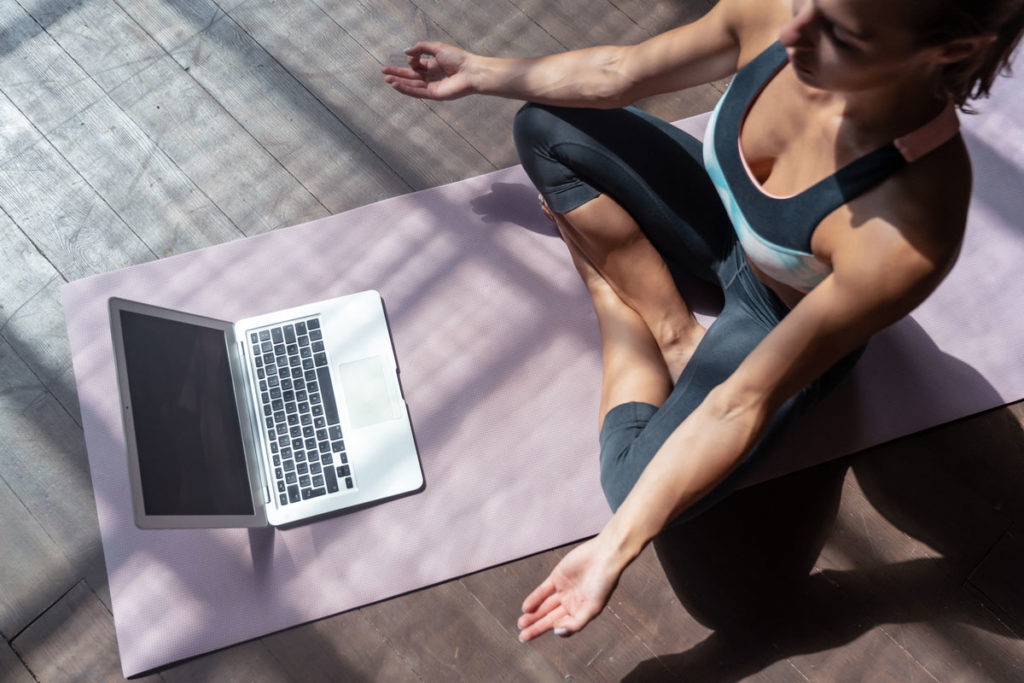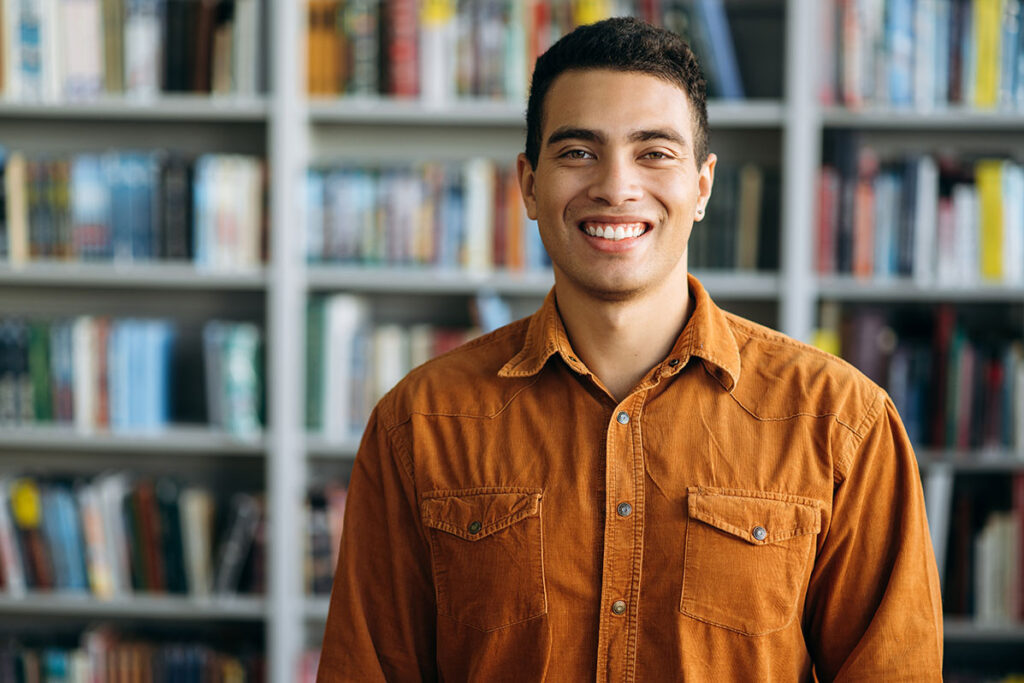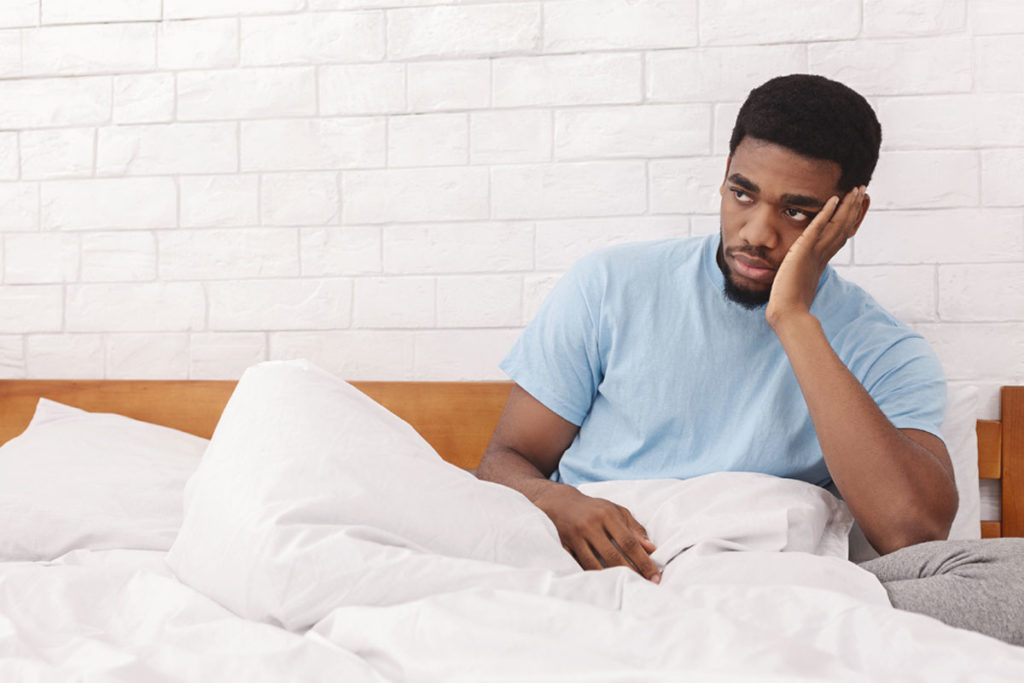One silver lining of 2020 was that it helped people become more open to practicing self-care. According to a recent survey, two-thirds of people agreed that the personal self-care routines they developed during the pandemic have become a permanent part...
Category: Student Health
The use of telehealth accounted for fewer than 1% of outpatient visits prior to the pandemic. But between March and August of 2020, that percentage jumped up to 13%. While overall telehealth usage for outpatient visits leveled out to 8%,...
Established peer-to-peer programs, including Active Minds, Project Let’s, National Alliance on Mental Illness (NAMI) Peer-to-Peer, and Lean on Me, have created comprehensive training and advocacy programs. These programs are designed to arm students with the knowledge and skills necessary to...
Mental health peer-to-peer programs are designed to mobilize students to become agents of change for mental health and well-being on their college campuses. The peer-to-peer model is an effective approach to shifting social norms that encourage positive health behaviors. Because...
Since 2020, the COVID-19 global pandemic has shaped what every day looks like. It changed human interaction. For higher education, it fundamentally altered the college experience for students who were sent home for multiple semesters. In the workforce, it took...
The spread of health misinformation, whether intentionally or unintentionally, can have serious consequences. Unfortunately, misleading and false information often spreads like wildfire online. One study found that falsehoods are 70% more likely to be retweeted on Twitter than the truth,...
You may have heard the term “health coaching” in conversations about student health and well-being services. But what does health coaching for college students actually mean? Over 20 years ago, health coaching was identified as a way to help individuals...
After-hours mental health care is not something that colleges and universities can ignore or push aside—it’s a necessity. Research from the American Academy of Sleep Medicine (AASM) shows that suicides are more likely to occur between midnight and 4:00 a.m....
Colleges and universities are seeing more and more Hispanic students on campuses across the country, with Hispanic enrollment recently reaching a new high at four-year colleges. However, 31% of Hispanic students at these institutions weren’t enrolled after six years, in...
The American College Health Association (ACHA) conducts the National College Health Assessment survey annually to help universities collect data on college students and overall student health. The following topics represent survey results regarding common health concerns, behaviors, and perceptions reported...











